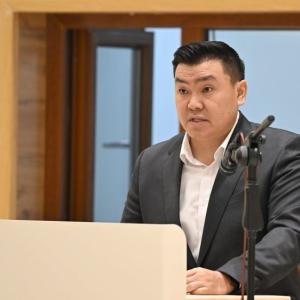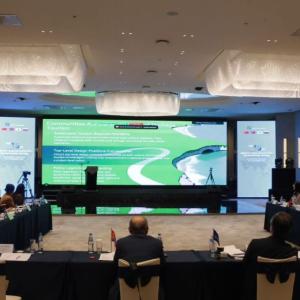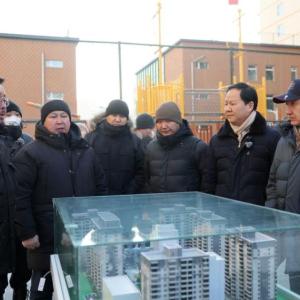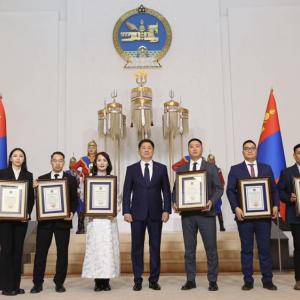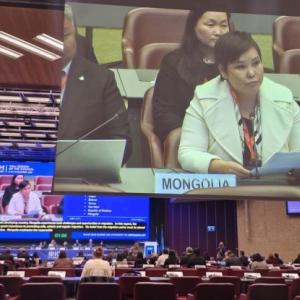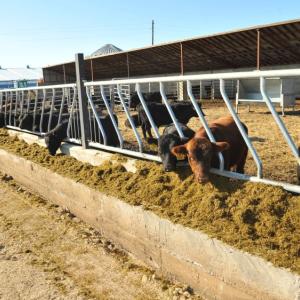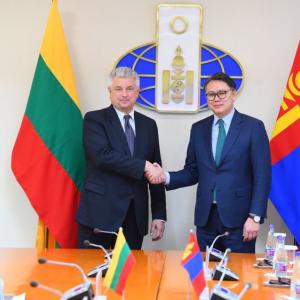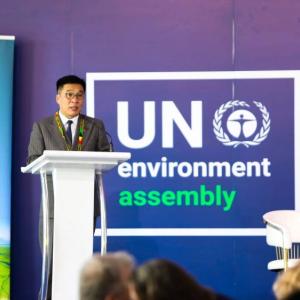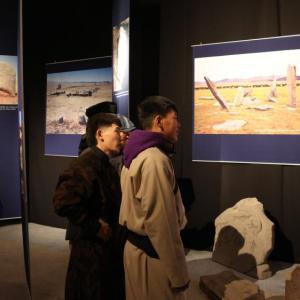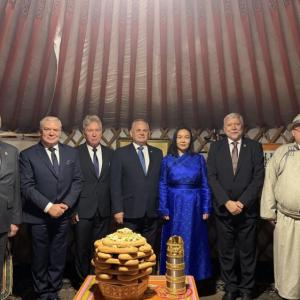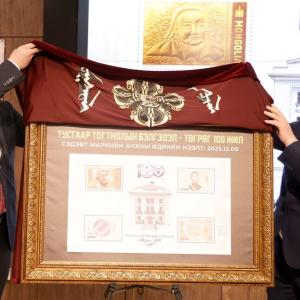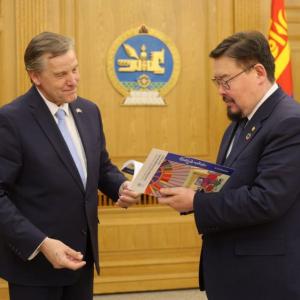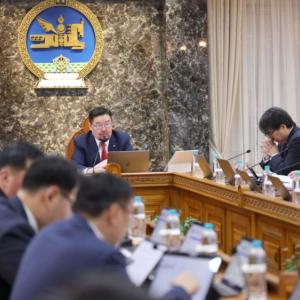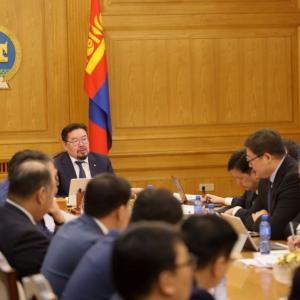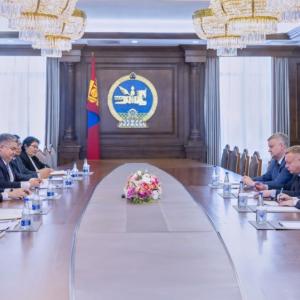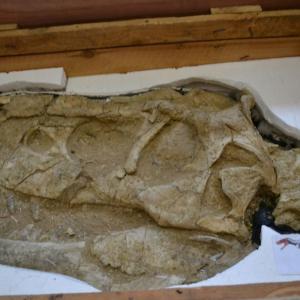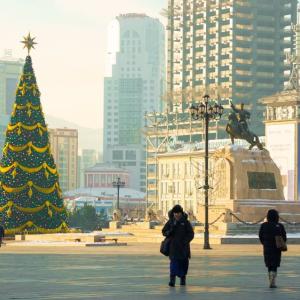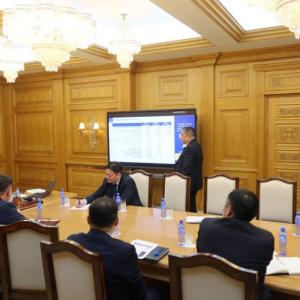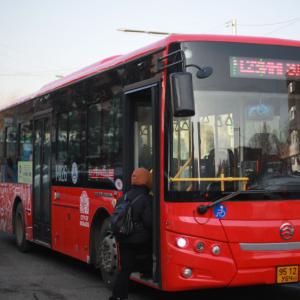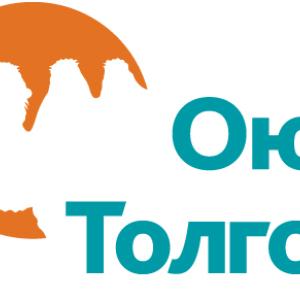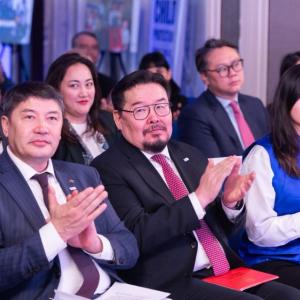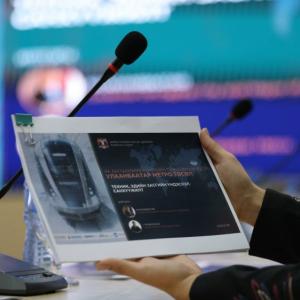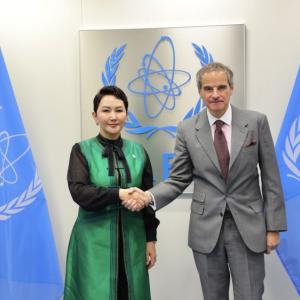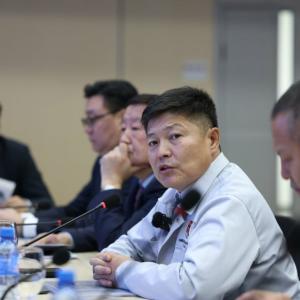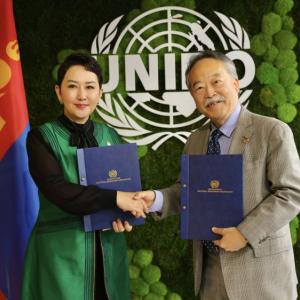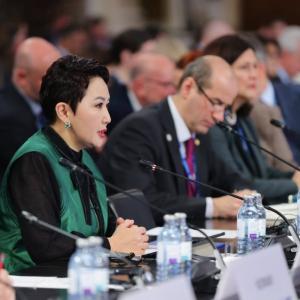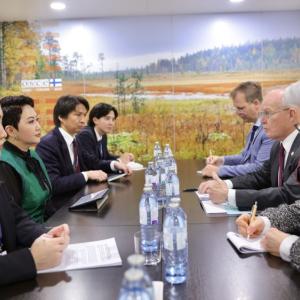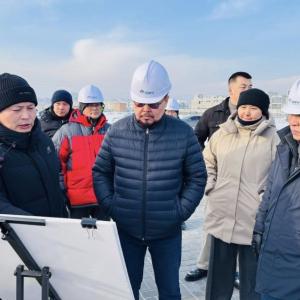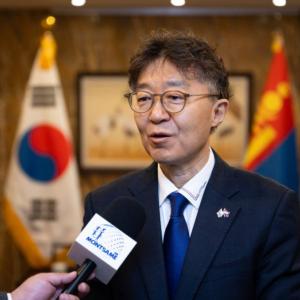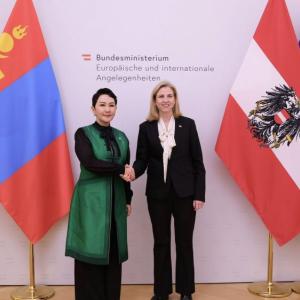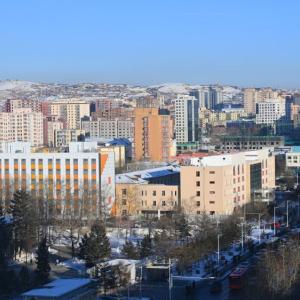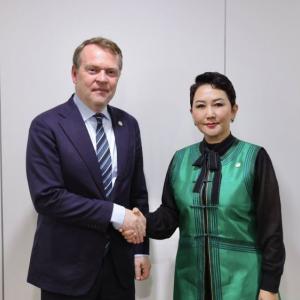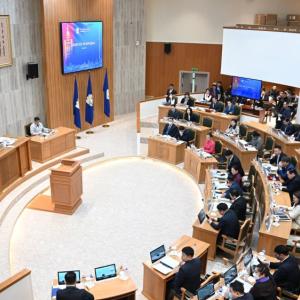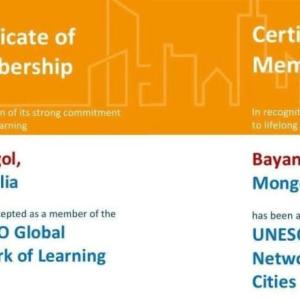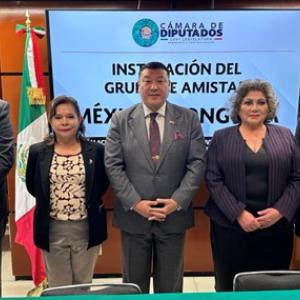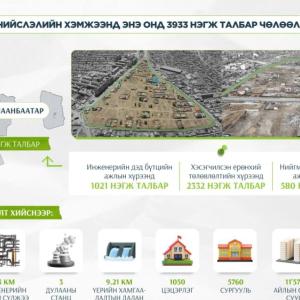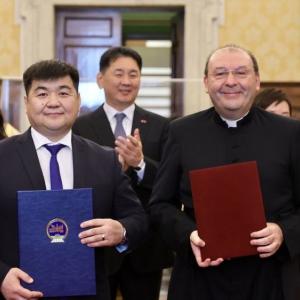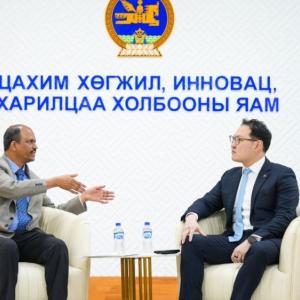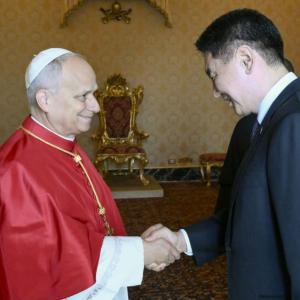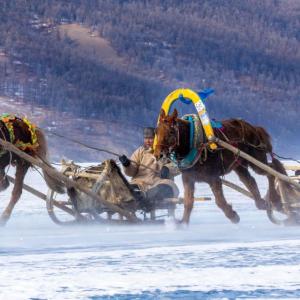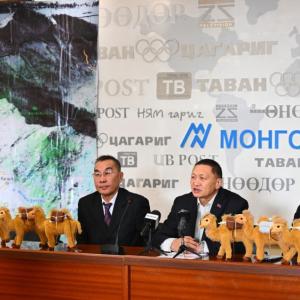Rio Tinto caught red-handed
Politics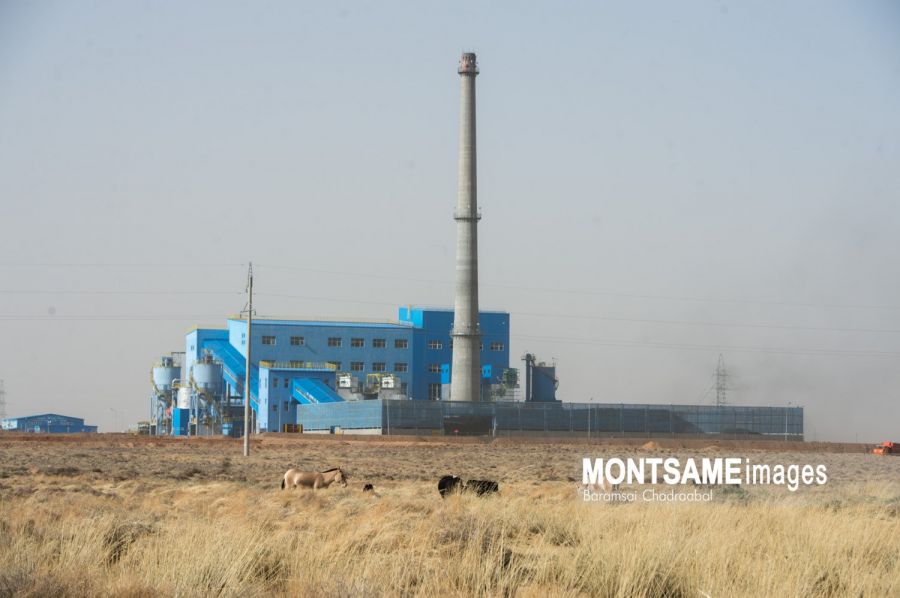
Ulaanbaatar /MONTSAME/ Mongolia’s economy has long been
in a standstill due to the pandemic. This pandemic is a force majeure event
that no one could have planned for. However, a major project, with a commitment
made to the Government to boost economic growth and turnover, is now delayed
due to the reckless and irresponsible operations of investors. That project is Oyu
Tolgoi. The project’s underground development cost has blown through its budget
by US$1.45 billion and its completion is delayed by two years. The investor, Rio
Tinto, told the Government on multiple occasion that “The cost overrun and schedule
delay are due to unforeseeable ground conditions, i.e., geotechnical issues.” The
Government arranged for independent experts to verify the investor’s
explanations, however, a team of world-renowned international experts concluded
that the “cost overrun and schedule delay were not caused by geotechnical
issues but were due to the management team’s lack of integration, knowledge and
experience.”
Former Prime Minister of Mongolia,
S. Bayar, who signed the agreement, recently told B. Nomin-Erdene, a journalist
with “Daily News” that “independent experts seem to have issued a report on the
Oyu Tolgoi project. They seem to have concluded that the many issues at Oyu
Tolgoi are due to mismanagement rather than the agreement. If so, I believe the
conclusions are accurate.”
Rio Tinto: Mongolian workers are to blame for cost overruns of the
underground development
However, Rio Tinto, the Oyu
Tolgoi investor, failed to provide concrete explanations in response to the findings
of the independent experts. Kh. Nyambaatar, Minister of Justice and Internal
Affairs of Mongolia and head of the Government working group to negotiate with
the Oyu Tolgoi investor, N. Tavinbekh, Minister of Energy and other members of
the working group held a meeting with representatives of Rio Tinto group on 6
October. During the meeting, head of the working group, Kh. Nyambaatar expressed
his dissapointment with Rio Tinto’s inability to provide sufficient responses
to the findings of the independent experts and he stressed the need for Rio
Tinto to be more transparent and to implement good governance principles in
order to build a mutually beneficial partnership based on trust.
While Rio Tinto has not provided concrete
responses to the findings of the independent experts, Rio Tinto started to
publicize their position on major global media outlets such as mining.com and
financialtimes.com stating that “One of the factors that contributed to the
US$1.45 billion cost overrun is the increase in investment costs for Mongolian
workers.” In other words, while Rio Tinto initially explained “Cost overruns
and project delays were due to ground conditions,” pointing at an inanimate
object, they are now blaming their Mongolian workers. Outraged by the
statement, the executives of Oyu Tolgoi’s mine workers’ trade union submitted a
letter of demand to Kh. Amarjargal, Country Director in charge of Rio Tinto’s operations
in Mongolia.
The union’s letter of demand says,
“Rio Tinto has over the last few days, through major global media outlets, such
as mining.com and financialtimes.com, expressed their disagreements with the
findings of the independent experts who conducted a review of the undergound
expansion project of the Oyu Tolgoi copper and gold deposit. We hereby
officially notify you that the statement made by Rio Tinto, “One of the factors
that contributed to the US$1.45 billion cost overrun is the increase in investment
costs for Mongolian workers. Today, 96 percent of Oyu Tolgoi’s workforce is
made up of Mongolian workers, which is higher than initially planned, and the investment
in them has led to cost overruns and schedule delays”, is received with much skepticism
and frustration by the many thousands of employees who are tirelessly working
at the underground expansion project, and it is an irresponsible, disrespectful
and ignorant attempt to make excuses and justifications through such media publications.
Rio Tinto’s comments not only undermined
the confidence of all Oyu Tolgoi employees in the group’s operations, but were harmful
insults to our professional reputation, social standing and employment
opportunities. Therefore, as the organization responsible for protecting and
improving the interests, reputations, social security and workplace environment
of all Oyu Tolgoi’s employees, we demand Rio Tinto’s Country Director for
Mongolia, Kh. Amarjargal, to clarify the abovementioned media publications and
to provide detailed responses to the following questions, including:
1. Data
and research with numerical evidence to support the statement that 96 percent
of all workers involved in the underground expansion are composed of Mongolian
workers.
2. Detailed
financial analysis of what type of investments – other than salaries, bonuses,
benefits and vocational training provided in accordance with applicable laws
and employment contracts – were made leading to increased costs for Mongolian
employees.
3. What
percentage of the US$1.45 billion cost overrun of the underground expansion
project is caused by such factors as investment costs for Mongolian workers.
We demand an official response to
the above questions, reported transparently with detailed statistics, facts and
evidence to all Oyu Tolgoi employees as well as the public on 20 October 2021.”
As a result of the demand letter,
in addition to providing explanations to the Government of Mongolia, Rio Tinto now
needs to provide an explanation to their Mongolian workers. Last Friday, Rio
Tinto’s Director, B. Bold sent an open letter to all Oyu Tolgoi employees, with
a rhetoric difficult to work out in Mongolian, stating “We understand that the
Oyu Tolgoi Trade Union has approached us on this issue and we will work
together to reach a better understanding on this issue.” Moreover, Rio Tinto has
made headlines in local news media with statements “We are disappointed that responses
sent as formal communication were deliberately shared with third parties” showing
that rather than being concerned with responding to the demands and questions
of their workers’ union, they are more in a state of anxious panic that their
pointing blame to Mongolian workers have been exposed.
Rio Tinto really seem to have
been caught red-handed as an international team of experts refuted their explanation
that “The cost overrun and delay to commencement of operations are due to
unforeseeable ground conditions.” Backtracking from that explanation, they have
now come up with a new excuse that “it is because of the large number of
Mongolian workers.” Suppose desperate times really do call for desperate
measures.
Actually, employing a higher
percentage of Mongolian workers should reduce their costs because the salaries
of Oyu Tolgoi’s expat and national employees have large disparities. This is
particularly noted within the report prepared by the parliamentary working
group entasked with assessing the Oyu Tolgoi project. According to the report,
Oyu Tolgoi’s Mongolian workers earn around MNT2-5 million a month, while expats
earn MNT20-40 million. On average, Mongolian workers receive salaries that are 5
to 15 times lower than that of expats. Such huge disparity between pay for
Mongolian workers and expats indicate that the principles of the investment
agreement are not applied. So why are Mongolian workers to blame!
 Ulaanbaatar
Ulaanbaatar





